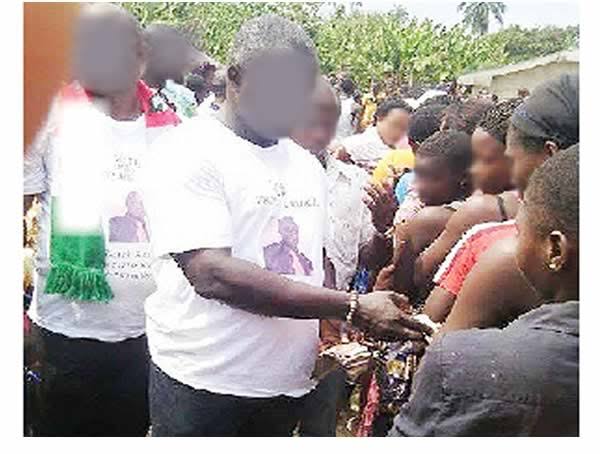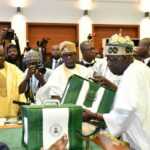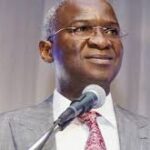The level of vote buying that characterised the recent off-season elections in Kogi, Bayelsa and Imo states were unfortunately accentuated by modern technology, according to researchers at public policy firm, Nextier.
This followed from a research report authored by two research fellows at Nextier, Charles Asiegbu and Ndu Nwokolo, who are versed in the electioneering process in Nigeria.
Asiegbu is a Senior Policy and Research Analyst at Nextier and a Bridge Fellow at Nigeria Economic Summit Group (NESG) while Dr. Nwokolo, also a Partner at Nextier and an Honorary Fellow at the School of Government at the University of Birmingham, United Kingdom.
In their assessment of the recent gubernatorial election in the three states, both experts who contribute to Nextier’s academic reports, alleged that amount used in buying votes ranged from ₦5,000 to ₦22,000 in some wards in Sagbama, Yenegoa, and Southern Ijaw Local Government Areas (LGAs) and other items.
They said in Bayelsa and Imo States, the Economic and Financial Crimes Commission (EFCC) seized about ₦11 million and detained 14 suspected vote purchasers. While In Bayelsa, ₦9.3 million (₦9,310,000) was seized from suspected vote purchasers and sellers, and ₦1,730,000 million was confiscated from suspected election fraud suspects in Imo State.
They however, stated that the precise amount collected from Kogi State remains unknown, but they lamented the incursion of technology in vote buying in Nigeria.
They said the trend has increased due to technological innovations, political desperation, poverty, and security votes.
According to them, technological advancements have reduced traditional election rigging, leading politicians to woo voters with money, food, and other items in exchange for votes.
“The fear of losing power and wealth to opponents has made vote-buying a race, especially among big political parties. Nigeria’s high poverty rate, particularly in rural areas and female-headed households, makes many susceptible to selling their vote for immediate gratification.
“Furthermore, the financial possibilities of public offices in Nigeria arguably lead to a cutthroat approach to electioneering, which includes vote buying and other clandestine activities,” both researchers posited.
They posited that arbitrary and extravagant display of cash reignites the debate on election spending adding that the absence of enforcement by appropriate institutions and the influence of money in politics continue to pose significant challenges to the integrity of Nigeria’s electoral process.
They said, “the Electoral Act has been amended to increase the maximum expenditure limit for candidates in elections. The maximum for presidential candidates is now ₦5 billion from ₦1 billion, while for governorship candidates, it is ₦1 billion from ₦200 million.
“The Independent National Electoral Commission (INEC) mandates political parties to produce audited financial reports capturing revenue inflows and outflows. However, as of 2022, most political parties have not made reports on their 2019 election expenditures, with some spending more than the law allowed.
“There is largely no enforcement to curb the unfettered spending of political parties and individuals besides the spending cap stipulated in the Electoral Act. Therefore, the gaps also lie between the electoral body’s and the judiciary’s ability to enforce compliance on political parties”.



